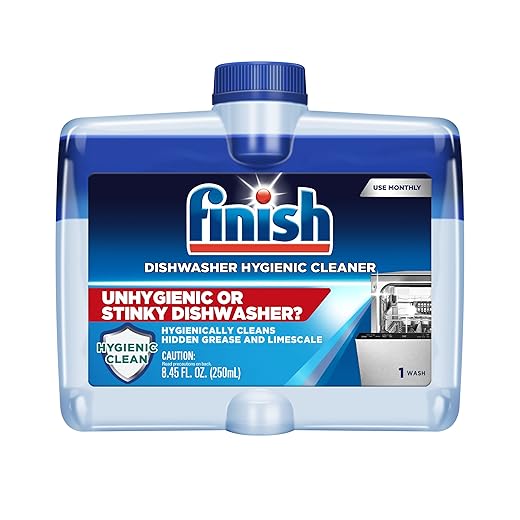







Understanding Dishwasher Wash Cycles: A Comprehensive Guide
When it comes to keeping your dishes sparkling clean, the dishwasher is your best friend. But did you know that not all wash cycles are created equal? Understanding the different dishwasher wash cycles can help you choose the right one for your specific needs. Whether you’re dealing with a mountain of greasy pots and pans or just need to refresh a few wine glasses, knowing your options can save time, energy, and even your dishes from potential damage.
The Basics of Dishwasher Wash Cycles
At its core, a dishwasher operates by spraying hot water mixed with detergent onto your dirty dishes, then rinsing and drying them. However, the complexity lies in the various wash cycles that can be selected based on how dirty your dishes are.
Each cycle adjusts factors such as water temperature, duration, and spray intensity. Think of it like a car with different gears; each setting is designed to handle specific driving conditions. So, how do you navigate these cycles?
1. Normal Wash Cycle
The normal wash cycle is your go-to option for everyday dishwashing. It typically runs for about 1.5 hours and is designed for lightly to moderately soiled dishes. This cycle is akin to a brisk walk—effective but not overly intensive. Ideal for plates, cups, and utensils, it uses moderate heat and a standard rinse to get the job done without overkill.
2. Heavy-Duty Cycle
When you’ve hosted a dinner party and your pots and pans look like they’ve survived a food fight, it’s time to engage the heavy-duty cycle. This option utilizes higher temperatures and more water pressure, ensuring that stubborn food particles are obliterated. It’s the muscle car of wash cycles—powerful and relentless, tackling the toughest of grime.
3. Eco Cycle
For those who want to save on energy bills or reduce their environmental footprint, the eco cycle is a perfect choice. It uses less water and energy by extending the wash time, allowing for effective cleaning without excessive resource consumption. Think of it as a leisurely bike ride, where you get to enjoy the scenery while still reaching your destination—clean dishes!
4. Quick Wash Cycle
Sometimes, you just need clean dishes in a hurry. Enter the quick wash cycle. This speedy option is perfect for lightly soiled items and can often complete a wash in under an hour. However, it’s important to manage your expectations; this cycle is more like a quick jog—efficient but not suitable for heavy-duty tasks.
5. Rinse Only Cycle
If you’re not ready to run a full wash but want to prevent food from drying onto your dishes, the rinse-only cycle is your best ally. It simply rinses off any debris without using detergent or heat. It’s like a refreshing splash of water on a hot day—invigorating and essential, but not a complete solution.
Choosing the Right Cycle for Your Needs
Selecting the appropriate wash cycle may seem daunting, but it ultimately boils down to understanding your current load. Are you washing delicate glassware? Opt for a gentle cycle. Have you just cooked a feast for the family? The heavy-duty cycle will be your best friend.
Always refer to your dishwasher’s manual for specific cycle recommendations—it’s your roadmap to optimal cleaning. And remember, overloading your dishwasher can hinder its effectiveness, just as a crowded highway can slow down traffic.
Conclusion
In summary, knowing the ins and outs of dishwasher wash cycles can transform your dishwashing experience. By choosing the right cycle, you can ensure that your dishes come out looking pristine while conserving water and energy. So, the next time you load up your dishwasher, take a moment to consider—what’s the best wash cycle for my needs? Your dishes will thank you.
FAQs
1. Can I use the heavy-duty cycle for all my dishes?
No, while the heavy-duty cycle is powerful, it’s best for heavily soiled items like pots and pans. Using it for delicate items can result in damage.
2. How long does each cycle typically take?
Normal cycles usually take about 1.5 hours, while quick wash can be under an hour. Heavy-duty cycles may take longer, depending on the dishwasher model.
3. Is the eco cycle just as effective as the normal cycle?
Yes, the eco cycle is designed to clean effectively while using less water and energy, making it a great choice for everyday cleaning without the environmental impact.
